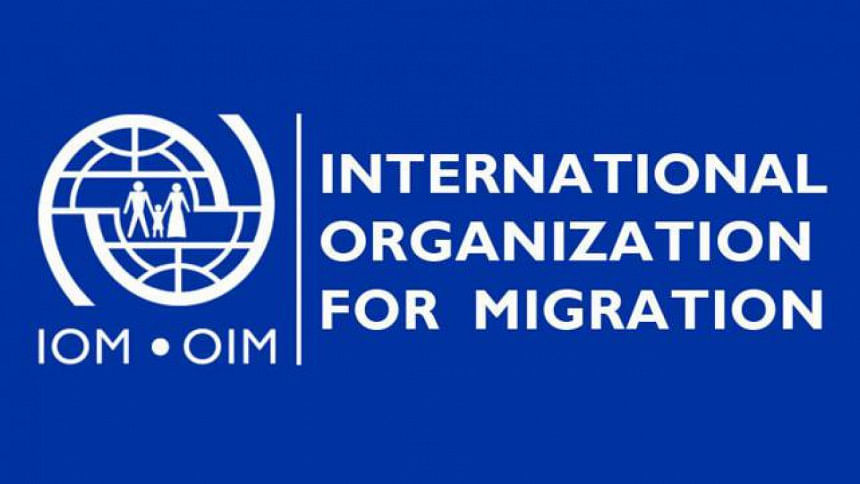Thousands of migrants face heightened risk of Covid-19 infection: IOM chief

Thousands of migrants stranded "all over the world" are facing a heightened risk of Covid-19 infection, António Vitorino, director general of International Organization for Migration (IOM), the UN migration agency, has said.
In a video press conference from Geneva on Thursday, Vitorino also warned that even more onerous health-related travel restrictions may discriminate disproportionately against migrant workers in future.
"In lots of countries, we already have a system of screening checks to identify the health of migrants, above all [for] malaria, tuberculosis… HIV-AIDS, and now I believe that there will be increased demands in health controls for regular migrants," he told journalists.
Already, travel restrictions to try to limit the spread of the pandemic had left people on the move more vulnerable than ever and unable to work to support themselves, he said.
"There are thousands of stranded migrants all over the world," he said. "In South-East Asia, in East Africa, in Latin America."
"They are blocked, some in large groups, some in small groups, in the border areas, in very difficult conditions, without access to minimal care, especially health screening… We have been asking the governments to allow humanitarian workers and health workers to have access to [them]."
In a statement, IOM said its immediate priorities for migrants include ensuring that they have access to healthcare and other basic social welfare assistance in their host country.
Among the UN agency's other immediate concerns is preventing the spread of coronavirus infection in the more than 1,100 camps that it manages across the world, including the Cox's Bazar refugee camps in Bangladesh, where around one million Rohingya refugees from Myanmar are living after they fled persecution that was likened to ethnic cleansing by former top UN rights official Zeid Ra'ad Al Hussein.
So far, no cases of infection have been reported there, the IOM chief said, adding that preventative measures had been communicated to hundreds of thousands of camp residents, while medical capacity has been boosted.
He described social distancing measures at the camps as "unthinkable" and added that "access to water and sanitation is quite a challenge".
Beyond the immediate health threat of Covid-19 infection, migrants also face growing stigmatisation, from which they need protection, Vitorino added.

 For all latest news, follow The Daily Star's Google News channel.
For all latest news, follow The Daily Star's Google News channel. 



Comments